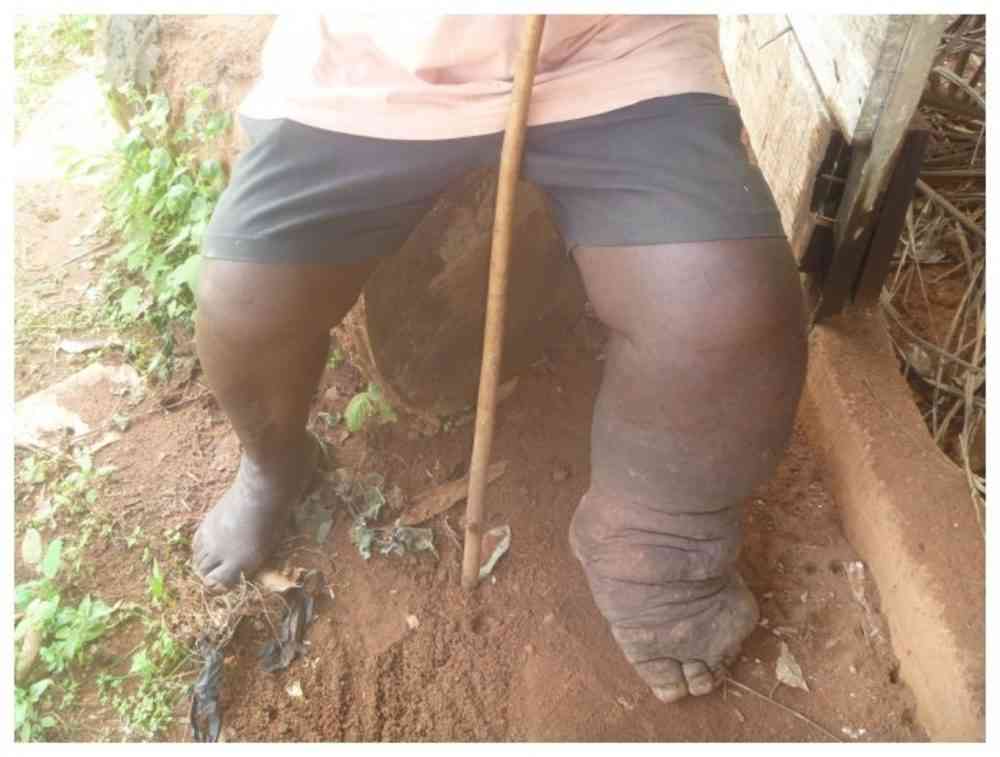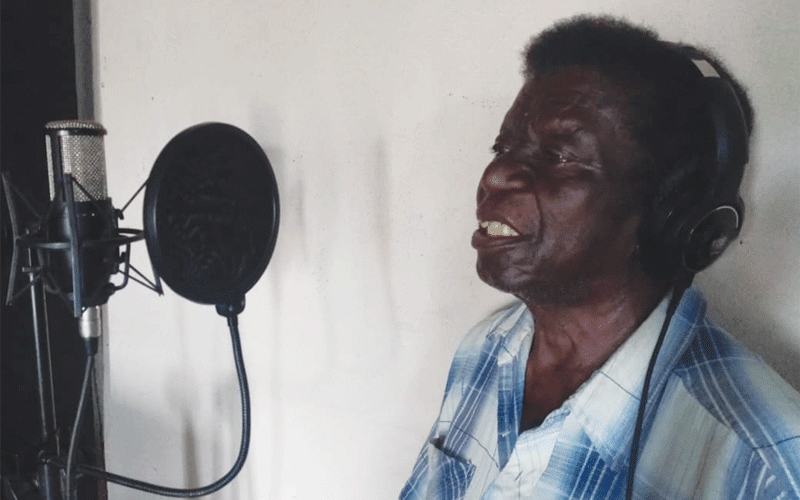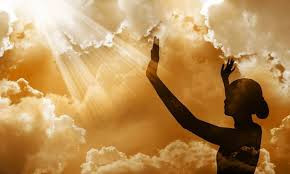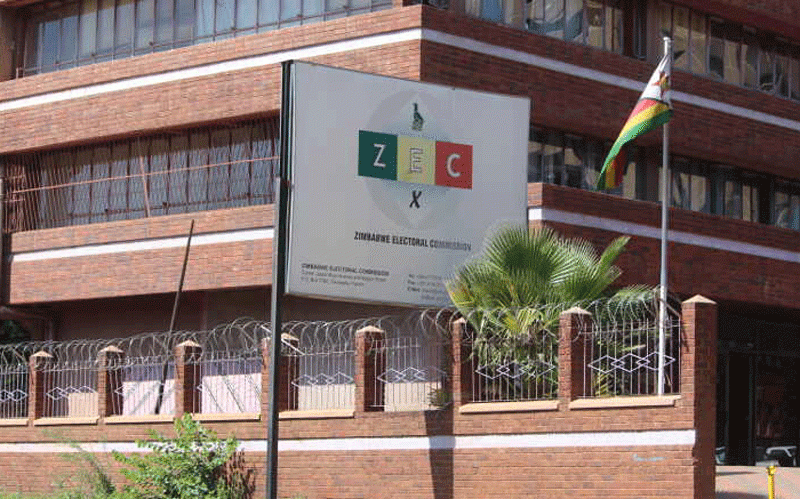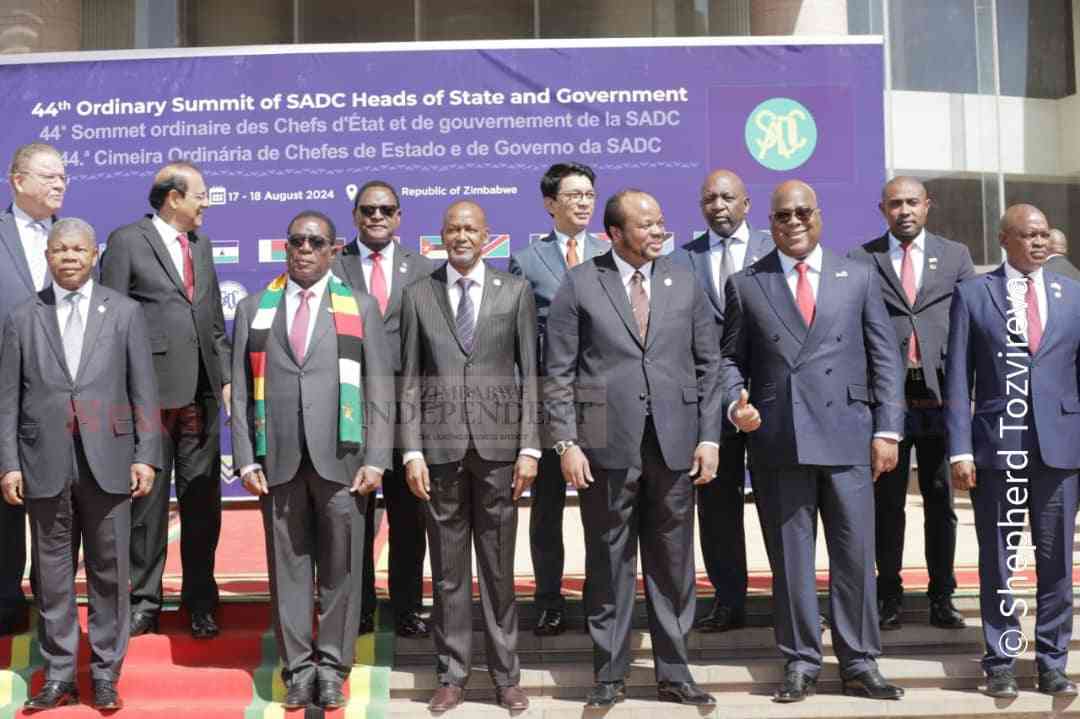
The Southern African Development Community (SADC) summit, recently held in Zimbabwe, has become a focal point of controversy, not due to its diplomatic outcomes, but rather because of the aggressive crackdown on activists and organizers in its aftermath, says Thokozile Mugurasawe an activist being sort for by the police.
This has sparked widespread concern among human rights organizations and the international community about the shrinking space for civil society and the misuse of laws to stifle dissent in the country.
Following the SADC summit, which took place in August 2024, Zimbabwean authorities have intensified their efforts to silence activists who have been vocal about human rights issues and governance challenges in the country.
This was echoed by Evelyn Chigaro a staunch member of the ROHR. Many activists had organized demonstrations and awareness campaigns during the summit to draw attention to issues such as electoral reforms, political repression, and economic mismanagement. The organisers varied from opposition, human rights groups, civic society churches and diaspora communities.
Our publication gathered information that the regime through Varakashi. CID , Police and other state agents have contacted many people by phones with anonymous numbers, visit at homes and previous residence of those in diaspora with confirmation of intent to arrest the fugitives.
The information has been echoed by many Zimbabweans we contacted the likes of Brian Chikukwa, Alexias Tatenda Chifamba, Blessing Harry, Boniface Zengeni, Pamela Magwizi, Evelyn Chibanda, Simbarashe Jingo, Bonisile Nyoni and many more who have successfully launched campaigns against the Chairmanship of SADC given to Munangagwa
In response, the Zimbabwean government, through its police force and security agencies, has been accused of launching a systematic crackdown on these individuals.
The arrests of several prominent activists have been reported, with charges ranging from "incitement to violence" to violations of the Public Order and Security Act (POSA) and the Maintenance of Peace and Order Act (MOPA).
- Sadc meets over water, energy and food security
- Opposition loses hope on reforms
- A regional approach is needed to address the electricity problem
- Anti-sanction music gala unites artistes
Keep Reading
These laws, originally intended to maintain public order, are being increasingly criticized for being used as tools of repression against those who dare to challenge the government.
The legal framework in Zimbabwe, particularly laws like Patriotic Bill, POSA and MOPA, has long been contentious. These laws grant the police broad powers to control public gatherings and protests, often without clear or reasonable grounds.
Critics argue that these laws are being selectively enforced to target political opponents and civil society leaders, rather than maintaining public order. This has caused concern as many people are in fear of their life
Chipo Komboni a human rights activist said the SADC summit, the police have invoked these laws to justify arrests and detentions, often without due process. Reports have emerged of activists being detained for prolonged periods without access to legal representation or being subjected to harsh interrogations aimed at intimidating them into silence.
These actions have drawn condemnation from both local and international human rights organizations, who see this as part of a broader pattern of authoritarianism in Zimbabwe.

